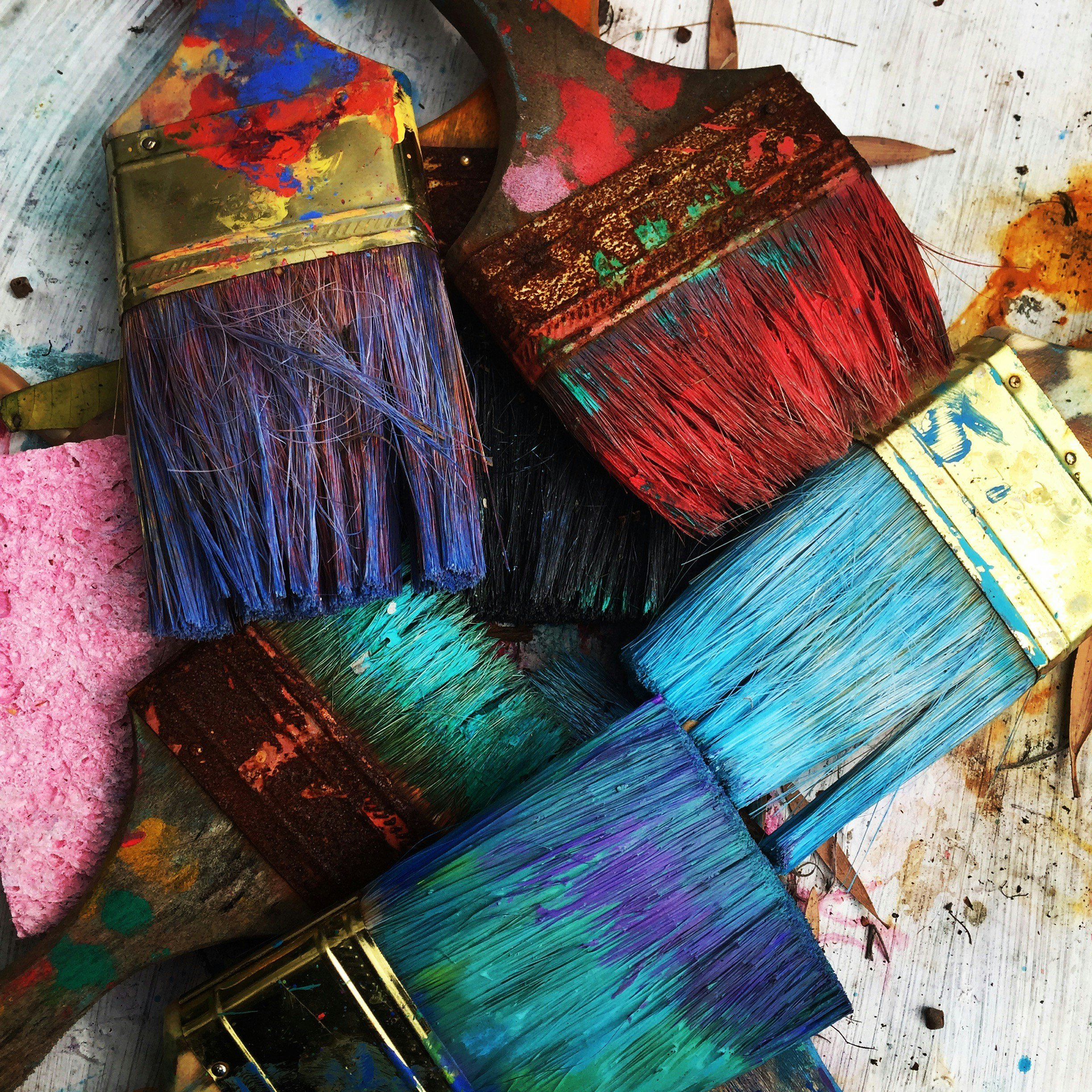How to live more sustainably in 2020 - kitchen addition
Sustainable living is the term used to describe a lifestyle whereby a person attempts to reduce their use of the Earth's natural resources. To help start you off, we’ve put together a list of sustainable kitchen related products you can make the switch to, in order to do your part to save the planet. Where possible, we’ve also taken recommendations of UK based small businesses.
Cling film/saran wrap
Whatever it’s called in whichever country you’re in, that clear plastic wrap that’s used to help protect and preserve food items - it’s single-use. And that’s if you manage to get it to work correctly in the first place - half the time it ends up sticking to itself rather than the bowl we’re trying to wrap up. Instead of wasting time wrestling cling film, choose something reusable. Here, we have options - there are the stretchy silicone lids, such as these ones from Amazon, or there are beeswax wraps. Both choices come in a range of different colours, with the wraps coming in almost any pattern you can imagine.
Cutlery
Plastic disposable cutlery is bad for the environment on many levels - initially, the production of this type of utensil uses a lot of energy and creates carbon emissions which combines with other greenhouse gases such as methane to contribute to climate change. Then, after people use them, they just get chucked in the bin, headed towards landfills. That’s assuming they make it to landfills and don’t end up in the ocean or just chucked whenever a person has had a picnic. Luckily, there are many alternatives to plastic single use cutlery nowadays. From your standard metal cutlery, to reusable plastic sets (not ideal still, but a lot better than the flimsy disposable ones). There’s also compostable cutlery, bamboo cutlery, and wooden cutlery to choose from. Most come with convenient carry cases too.
Straws
Half a million straws were used in the world every day, in 2018, according to the Earth Day website. All roughly 900 JD Wetherspoon pubs stopped using plastic straws at the beginning of 2018, with large chains like McDonald’s and Wagamama following suit soon after. Whilst plastic straws are still available in pharmacies, for those with disabilities that make them medically necessary, everywhere else has changed to paper. Now, these can be annoying to use - they disintegrate into your drink if you’re not careful with them. That’s where buying your own comes in. With the choice of bamboo straws, silicone straws, and stainless steel straws, there’s no excuse to want to opt for plastic single-use ones. From funky bright colours to sleek rose gold, you can have a straw for every mood. There are even sets with their own carry cases, meaning you can take them with you and avoid having to use paper ones if you’d prefer - that’s even more sustainable!
Sponges and scourers
A microfiber is a tiny fragment of the type of plastic used to make synthetic fabrics. Synthetic sponges release these particles every time you do the washing up. A study published by the International Union for Conservation of Nature and Natural Resources estimates that 0.6 – 1.7 million tons of microfibers are released into the ocean every year! They’re also not biodegradable, meaning that they go to landfills when we’re done with them. Biodegradable & recyclable alternatives to plastic scourers, brushes, exfoliators and sponges include long-lasting, non-scratch washing-up pads made from the Loofah plant or brushes made from coconut fibre, among other options.
Coffee cups
In 2018 the BBC reported that 2.5 billion coffee cups were estimated to be thrown away each year, but their figure was from 2011. Chances are that it’s even higher nowadays. Despite being made of ‘paper’ disposable coffee cups aren’t actually as easy to recycle as you may have thought - this is down to the mixture of paper and plastic in their inner lining that makes them heat proof and leak proof. Only a small number of recycling plants in the UK are able to process the coffee cups, and therefore more than 99.75% don't actually get recycled. Top coffee shops are offering discounts if you bring your own reusable coffee cups, with Waitrose beating them all by offering an entirely free coffee with any purchase. If this isn’t an incentive to bring your own cup, I don’t know what is. With coffee cups available from almost anywhere nowadays, there’s no excuse not to own a reusable one!
Water bottles
Stop using disposable water bottles - invest in a reusable bottle. Not only will this help keep you hydrated (you’ll be more likely to drink the water if it’s in a funky bottle) but it can help save the planet too. According to the Earth Day website, humans buy about 1,000,000 plastic bottles per minute in total, and less than a quarter of the ones bought in the United States are recycled. In 2019, Glastonbury Festival made the decision to ban single-use plastic bottles for the first time. Using your own bottle can help prevent plastic bottles from ending up in landfills or even the oceans. Companies like Chilly’s make bottles in a wide variety of designs so no matter what your taste, you can find something that you love.
Please note: we have not tested the products listed here, but they have come recommended by friends and family members. We do not make anything from you using these links.
















